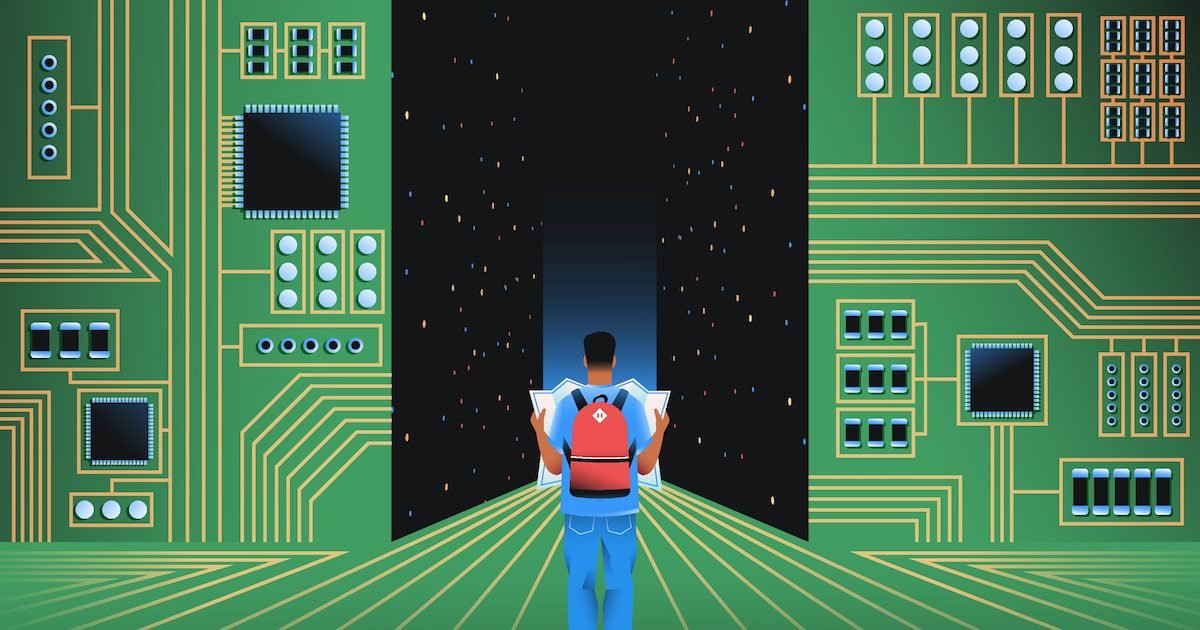An Austin private school is off on an ambitious experiment in artificial intelligence. Alpha School has already graduated its first class of students schooled through AI, The New York Times reported. While this educational approach raises valid concerns, we must acknowledge it’s unlikely to be a fad. High-tech tools in schools will become the norm whether we like it or not.
So now is the time to get serious about how they are used, what evidence supports their use and how we integrate them with traditional pedagogy.
It is impossible to avoid AI these days. It makes several time-consuming tasks much easier and at the same time, we keep raising our eyebrows whenever AI chatbots misbehave. Educators should apply a slow and steady approach to using AI tools in the classroom, with the right dose of skepticism.
There are plenty of reasons to take Alpha School with a grain of salt. It is a school for wealthy families — many of them in the tech industry — who pay $40,000 per year in tuition. And while its main campus’s inaugural cohort of graduates went to top-notch universities like Stanford, Vanderbilt and the University of Texas at Austin, the school operates on a for-profit model, which naturally offers less incentive to evaluate its own narrative. It would be unreasonable to compare it with a public school.
Alpha School bills itself as an AI-powered school in which two hours of academics are combined with life skills through workshops. Students learn reading and math through AI software, while a “guide” — not a teacher — helps them develop practical skills like entrepreneurship, financial literacy and public speaking, the Times reported. Most parents are likely not ready to leave their children’s math skills in the hands of a computer without verifiable evidence.
AI is forcing educators to negotiate not only what we gain, but also what we are losing. A loss of analytical skills is the first worry: A recent study by the Massachusetts Institute of Technology compared brain activity of essay writers, comparing those who used ChatGPT with those who didn’t. The AI users showed less brain connectivity.
If the results of this study are consistent with future research, an early conclusion suggests that timing is critical to introducing AI tools to students. Students should master essay writing before getting acquainted with AI, the leading author of the study, Nataliya Kosmyna, told Tech & Learning.
In a recent op-ed for this newspaper, Lance Barasch, a Dallas ISD teacher, argued in favor of using more AI tools in the classroom while admitting that public schools are playing catch-up. Students are regularly using AI while teachers are “champing at the bit,” he wrote. DISD is already offering AI resources for teachers, but they need to be more proactive in promoting them, he told us.
Educators need to find a balance with the use of AI tools. Whenever it improves learning, AI is a welcome tool, but understanding its shortcomings and how it affects learning is critical. At the end of the day, this is the job of humans.
We welcome your thoughts in a letter to the editor. See the guidelines and submit your letter here.
If you have problems with the form, you can submit via email at letters@dallasnews.com










